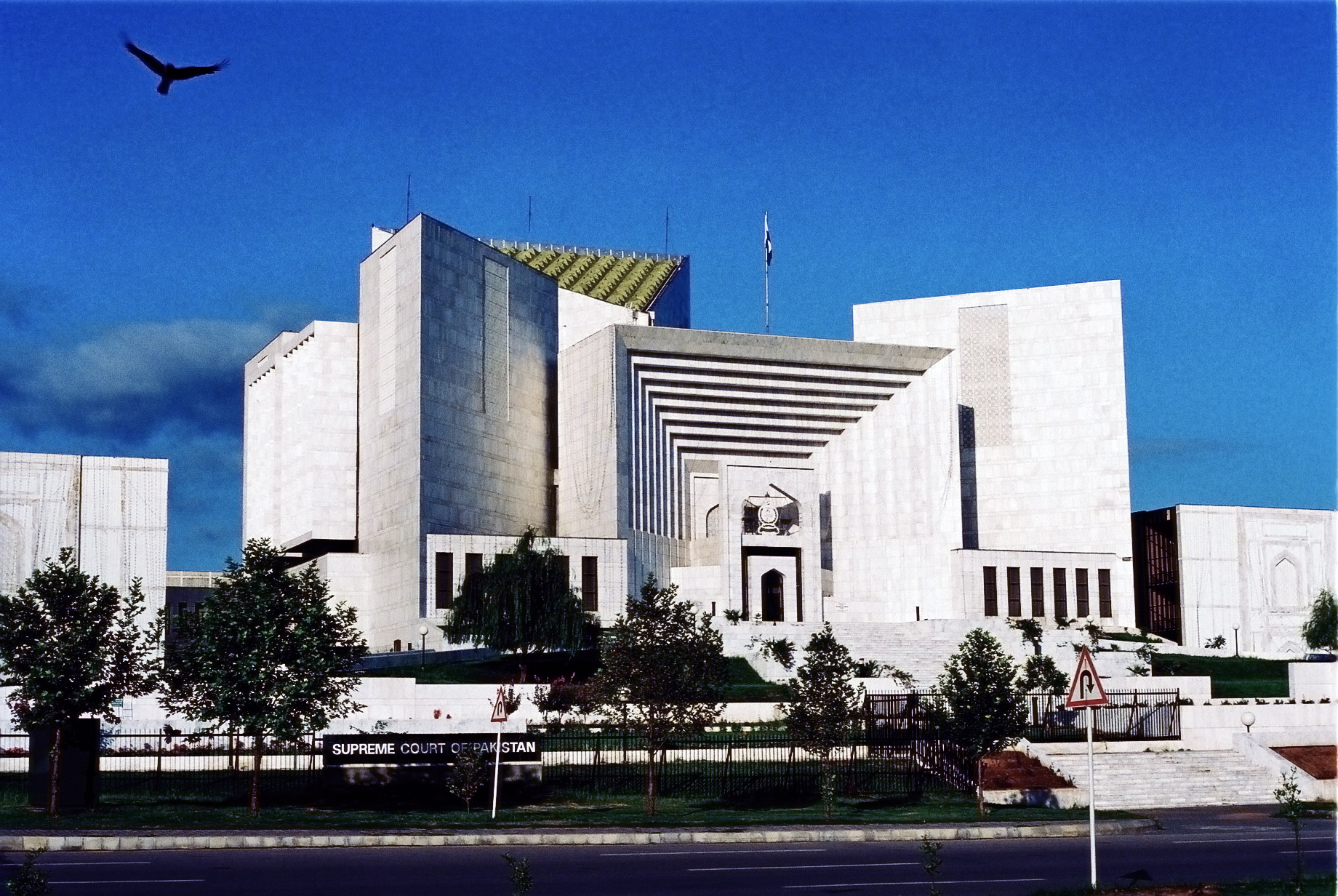ISLAMABAD: On Monday, the Supreme Court addressed the contentious issue of reserved seats in assemblies, with Justice Jamal Khan Mandokhail emphasizing that the public vote in the February 8 general elections was cast for candidates nominated by the Pakistan Tehreek-e-Insaf (PTI), rather than independent candidates. “The public did not vote for an independent candidate but rather the candidates being supported by a political party,” Justice Mandokhail remarked, underscoring the people’s choice for PTI.
The hearing involved the Sunni Ittehad Council’s (SIC) plea against the Election Commission of Pakistan’s (ECP) denial of reserved seats for women and minorities. The SIC had gained support from PTI-backed independent candidates after the PTI was deprived of its electoral symbol ‘bat’ by a Supreme Court ruling.
On May 6, a three-member Supreme Court bench had suspended the Peshawar High Court’s decision denying the SIC its reserved seats, prompting the ECP to suspend the victory notifications of 77 lawmakers allocated reserved seats. This suspension impacted the ruling coalition’s two-thirds majority in the National Assembly.
A full court, comprising all judges except Justice Musarrat Hilali, resumed the case’s hearing today. The 13-member bench included Justices Syed Mansoor Ali Shah, Munib Akhtar, Yahya Afridi, Aminuddin Khan, Mandokhail, Muhammad Ali Mazhar, Ayesha Malik, Athar Minallah, Syed Hasan Azhar Rizvi, Shahid Waheed, Irfan Saadat Khan, and Naeem Akhtar Afghan. The proceedings were broadcast live on the Supreme Court’s website and YouTube channel.
Advocate Salman Akram Raja represented the SIC, while Faisal Siddiqi appeared for the party’s female candidates denied reserved seats. Barrister Gohar Ali Khan represented PTI, and Sikandar Bashir Momand appeared for the ECP. After partial arguments by Siddiqi, the hearing was adjourned to Tuesday at 11:30 AM.
The Pakistan Bar Council (PBC) issued a press release condemning PTI’s demand for Chief Justice Qazi Faez Isa’s recusal from cases related to the party, describing it as an attempt to pressure the judiciary.
During the hearing, Siddiqi argued that the allocation of reserved seats to other parties violated Articles 51(vi)(d) and (e) of the Constitution. Justice Isa and other judges questioned the ECP’s distribution of reserved seats, highlighting discrepancies in numbers and seeking a detailed breakdown of seats allocated to ruling coalition parties.
Justice Mandokhail stressed that voters chose candidates supported by a political party, challenging the notion that the PTI-nominated candidates were independent. Justice Minallah pointed out that the ECP should have corrected any errors in the candidates’ affiliations to ensure no voter disenfranchisement.
The hearing also scrutinized the ECP’s recognition of SIC as a parliamentary party, despite initially not listing them. Justice Akhtar questioned the ECP’s implicit recognition of SIC candidates as PTI-backed. The court’s focus remained on maintaining proportional representation and electoral integrity, ensuring the National Assembly reflects the people’s will.
In March, the ECP had ruled against SIC’s reserved seats claim, redistributing them to other parties, making PML-N and PPP major beneficiaries. The SIC’s appeal led to the Supreme Court’s intervention, temporarily halting the ECP’s decision and causing the ruling coalition to lose its majority.
As the Supreme Court continues to deliberate, the case highlights the complexities of electoral law and the crucial role of proportional representation in upholding democratic principles.
